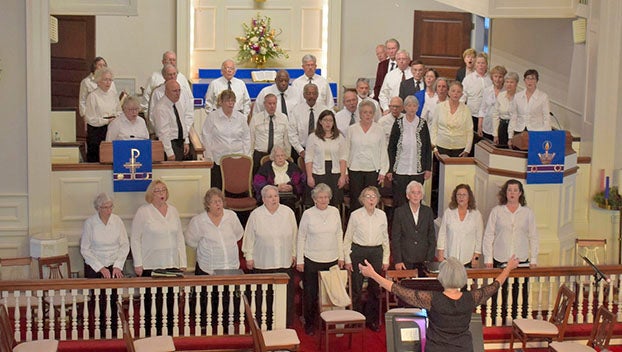The history of Thanksgiving
Published 10:37 am Wednesday, November 27, 2019
America’s Thanksgiving holiday does not seem to be appropriate because it is the result of the peoples’ hardships. The events surrounding the occasion will give most the feeling of being ungrateful. How many say, “I do not have anything to be thankful for?” Thanksgiving is not based solely on the good things in life, but how God brings something good out of something bad. There are four times in American history where a day of thanksgiving is called for in the midst of tragedy.
The first date is 1621, when the Pilgrims set aside a day of thanks for God’s goodness. The background begins with their two-month voyage across the Atlantic. Terrible storms force the Pilgrims to stay below deck in dark cramped conditions. Many passengers often die from disease during the trip. The Mayflower is normally a cargo vessel that usually carries wine. During these voyages, some barrels leak and some are smashed, which saturate the boards thereby disinfecting the area. For this reason no Pilgrims die during the journey. The result of one horrible storm is that the ship’s mast splits, meaning the loss of the ship and certain death for the Pilgrims. One of them brings along a large iron screw to build a printing press, but it is used instead to repair the mast and save their lives.
The Pilgrims want to land near the Hudson River, however, strong winds blow them off course landing them at Plymouth Rock. Their lives once again are spared because, unknown to them, hostile Indians are near Hudson Bay. During the winter of 1621, nearly half of the Pilgrims die from starvation, the bitter cold and disease. In the spring a friendly Indian by the name of Squanto appears. Years earlier he is captured and sent to England as a slave, but he is later freed and returns to America. Since he speaks English, he teaches the Pilgrims how to plant corn and prepare for the coming winter.
The second date is Nov. 26, 1789. President George Washington declares a day of public thanksgiving and prayer. The Revolutionary War takes a heavy toll on colonial America. One example is that the signers of the Declaration of Independence lose almost everything and some even lose their lives. Physically and emotionally there is very little to be grateful for, but spiritually there is much.
Abraham Lincoln, in the midst of the Civil War, sets aside the last Thursday of November as a day to acknowledge “the gracious gifts of the Most High God.” Almost every family in the north and south suffer at least one loss or injury along with the destruction of their homes and livelihood. A war that is to last a short time now goes on for a long painful duration.
In 1941, the United States Congress in the midst of World War II, officially makes Thanksgiving a national holiday. This war touches nearly every home in America with sacrifice and tragedy. Almost 300,000 Americans die, yet our country takes time to thank God for His blessings.
When we see the bigger picture of life, we will see God at work on our behalf. It is in our tragedies that the Lord is the closest to us, because He is working through them with us. If we look within, we become depressed, and looking around we will become discouraged. However, if we look up we will become thankful.
STEVE CONWELL, pastor of Maranatha Baptist Church, is heard morning on WFLO and WVHL in “A Thought For Today.” His email address is SteveConwell@outlook.com.





